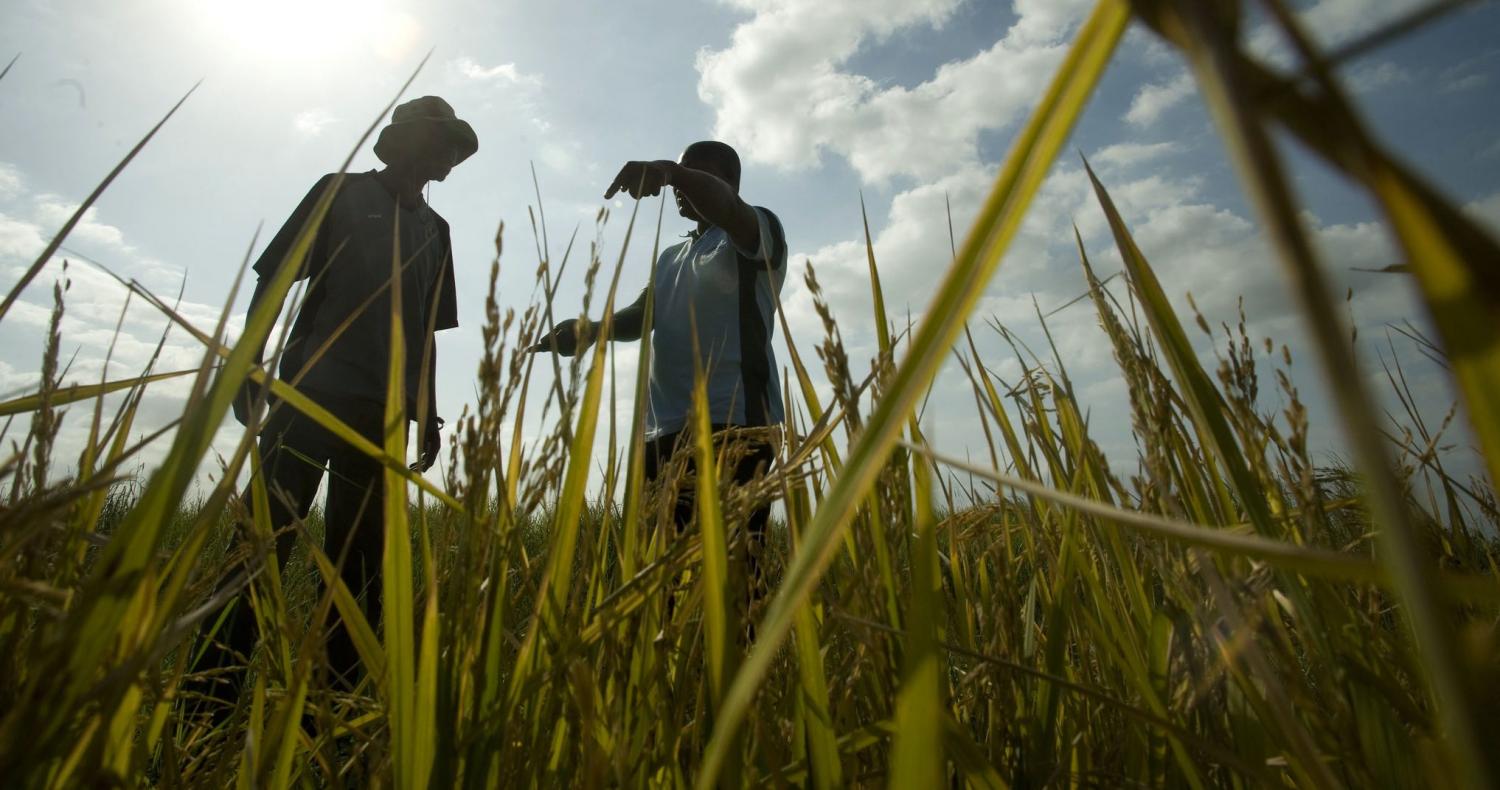- Penny Goldberg, the new World Bank Chief Economist, and Nina Pavcnik discuss the threats and benefits of trade liberalisation on developing economies.
- David Evans comments on new research underlining how microcredits in Africa not only help farmers who borrow, by allowing them to sell their product at a higher price in a near future, but also farmers who don’t borrow, as they benefit stable prices.
- In front of the European Parliament, French President Emmanuel Macron committed to increase France’s aid budget. While this statement is very welcome, it needs to be followed by effective action, says Friederike Röder.
- Last week, the CGD hosted an event on how to implement the World Bank’s Global Concessional Financing Facility (GCFF). GCFF provides lower-rate loans to middle-income countries to help meet the development needs of refugees and host communities, and contribute to the narrative that refugees are an opportunity, not a burden. Here are the key points by Cindy Huang and Kate Gough.
- Kelsey Jack and Seema Jayachandran studied the effect of financial prizes on water consumption in Livingston, Kenya. Their study shows that a prize can improve water conservation.
- Last week, Amanda Taub and Max Fischer of The New York Times wrote an interesting piece on the role of Facebook in religious conflicts in developing countries. John Naughton discusses the piece and argues that the Facebook monopoly can be problematic.
- According to the International Organisation for Migration, Rohingya refugees at Cox’s Bazar are under the threat of monsoon and cyclone seasons and need financial support to prepare the area against floods and landslides.
- Last week, my links included a piece from The Verge about the One Laptop Per Child (OLPC) that did not end up reaching its ambitious goals. Later that week, OLPC recommended that I have a look at their answer to the article. It is worth a read in order to make up your own mind.
